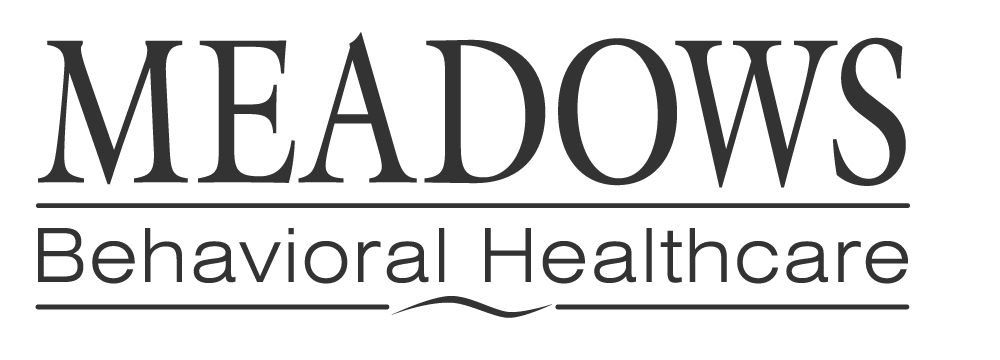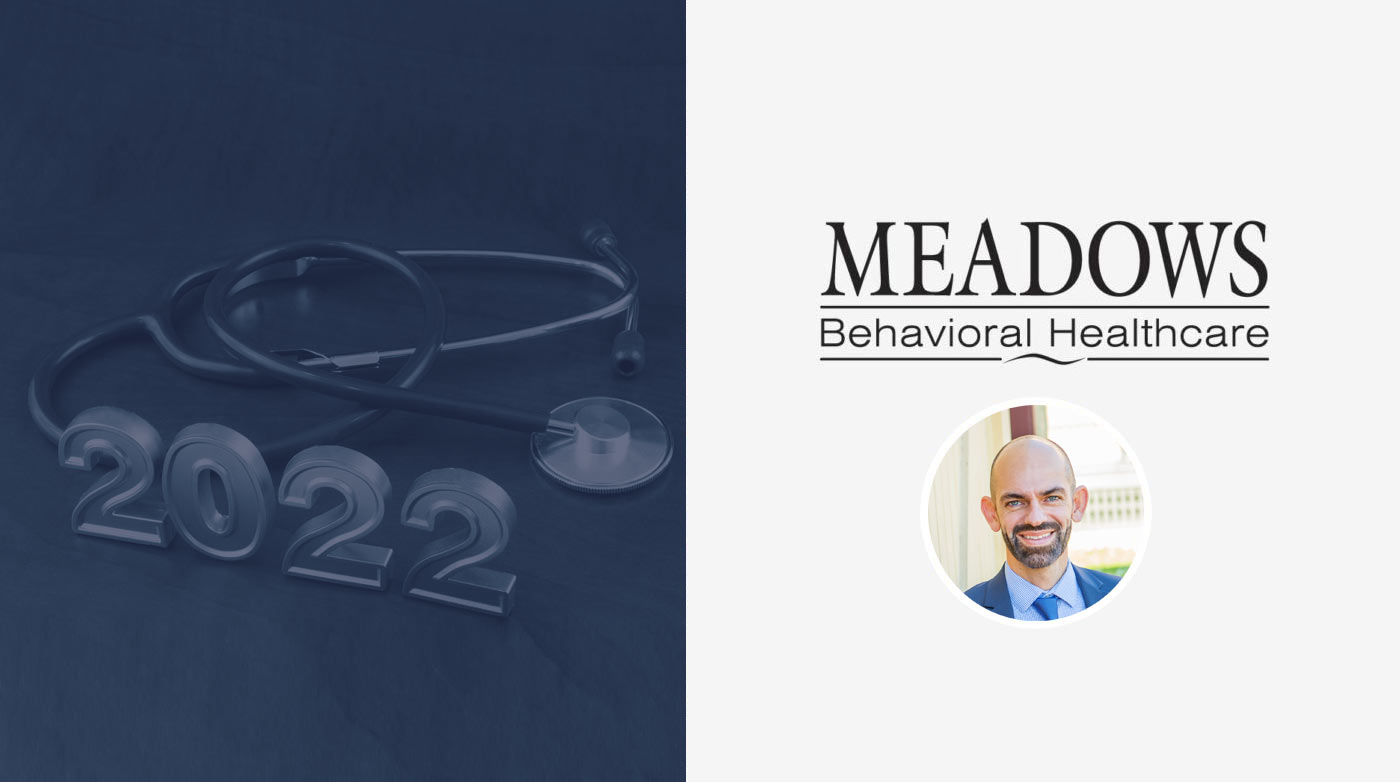One of the lessons of the COVID-19 pandemic has been the need for humility when making predictions about the future. So, I hesitate to make any predictions here, but I do believe we have learned a great deal about COVID-19 and that we are entering a new phase in our management of the pandemic. I am so pleased to see the decreases in the rates of infection, hospitalizations, and deaths. I am pleased to see us gradually returning to in-person socialization and connection.
Dealing with recent loss AND the emergence of old unresolved issues can be daunting. But with appropriate support and help, these losses can be important opportunities to address the unresolved issues from the past.
At the same time, I recognize that the pandemic isn’t over. There is still much suffering associated with COVID-19. There continue to be risks associated with COVID-19 infection, albeit much lower than in the past. However, as we enter this next phase, there are other risks to consider. As we move out of “survival mode,” many of us will be impacted by the losses we have experienced during the past two years. For example, some of us lost important ways of living – of being in the world. Some of us lost our sense of innocence and our trust in others and in institutions. Some of us lost our way in our schooling and education. Some of us lost jobs, careers, and/or savings. Some of us lost elements of our health or physical functioning. Some of us lost emotional and mental stability. And some of us lost loved ones.
For most of us, even as we move into this next phase of the pandemic, we carry with us these losses. This is important to recognize because, after nearly two decades of caring for people, I’ve learned that present loss is connected to past trauma. Unresolved issues from our past are pushed to the surface when we experience loss. This is especially true when the crisis of the loss settles down — that is when we are at the greatest risk of feeling the weight of the recent losses and experiencing the resurfacing of old issues.
Dealing with recent loss AND the emergence of old unresolved issues can be daunting. But with appropriate support and help, these losses can be important opportunities to address the unresolved issues from the past. Paradoxically, these painful losses can uncover or unearth hidden portals into deeper awareness and understanding of the issues that have been there all along, waiting to be addressed. If the pandemic doesn’t feel “over” for you, that’s understandable. I encourage you to explore what the last two years have brought up. Get in touch with the losses and let them guide you to deeper healing and well-being.
We hope to be part of that journey with you — we want to help you transform pain and loss into greater resilience and peace.

Dr. Jon Caldwell, D.O., Ph.D.
Chief Medical Officer
To stay up-to-date on our latest news and changes in response to COVID-19, please click here.


